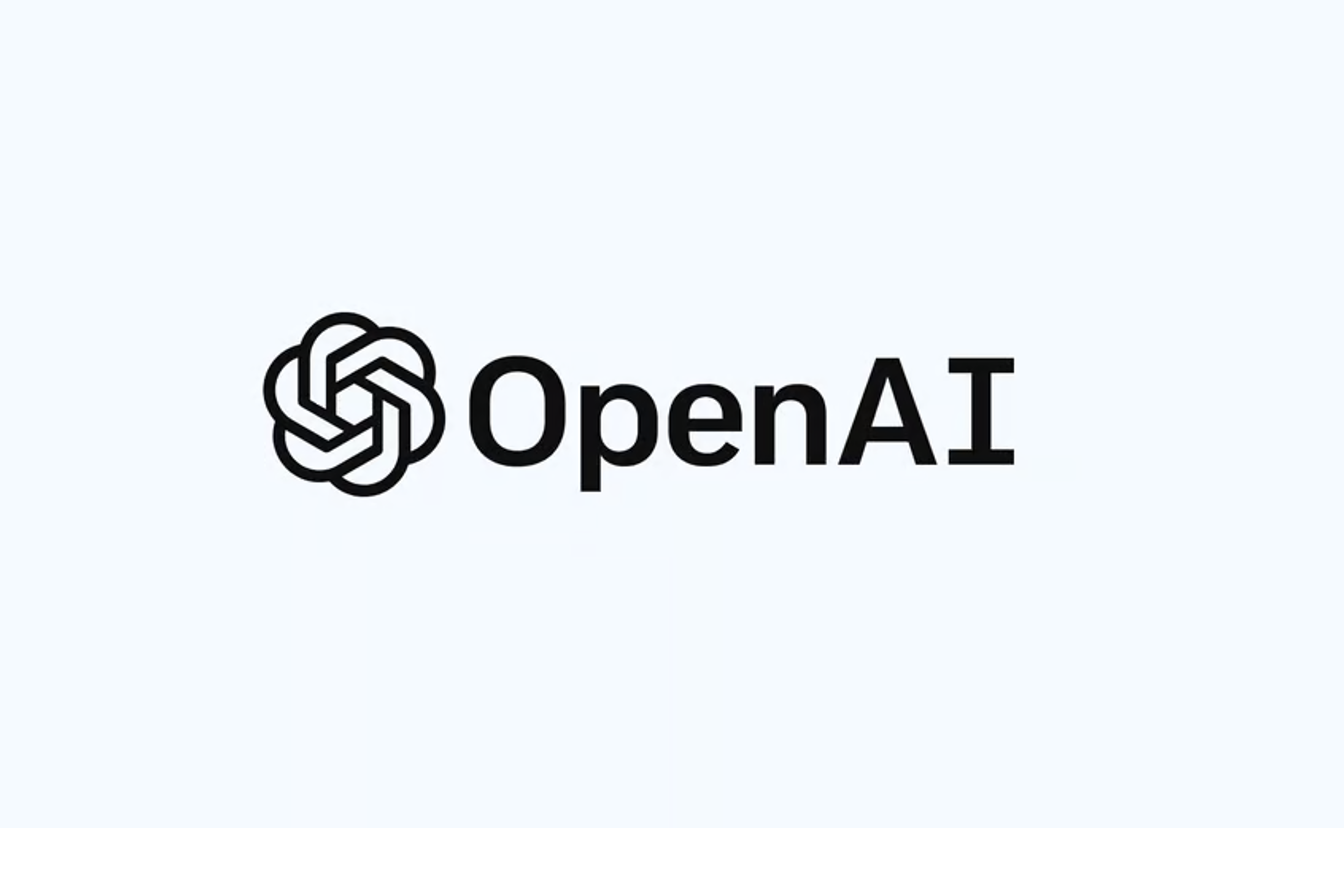As a user of ChatGPT, you may be concerned about how your data is being used and managed. OpenAI has introduced new features to provide users with more control over their data, including the ability to turn off chat history.
Turning Off Chat History
ChatGPT users can now opt out of having their conversations recorded in their chat history. This feature allows you to choose which conversations are used to train our models and improve our language understanding. To enable this feature, simply go to ChatGPT’s settings and toggle the "Turn off chat history" switch.
How Does it Work?
When you turn off chat history, any new conversations you start will not be recorded or used to train our models. These conversations will also not appear in the history sidebar. However, we still need to retain some information for 30 days to monitor for abuse and ensure that our technology is being used safely.
Why Did We Introduce This Feature?
We introduced this feature as a way to provide users with more control over their data. Our existing opt-out process was not sufficient, and we wanted to give users the ability to make informed decisions about how their conversations are used.
Introducing the Bug Bounty Program
OpenAI is committed to developing safe and advanced AI technology. As part of this commitment, we have launched a bug bounty program to recognize and reward security researchers who contribute to keeping our technology and company secure.
What is the Bug Bounty Program?
The OpenAI Bug Bounty Program is an initiative that encourages security researchers to report vulnerabilities, bugs, or security flaws in our systems. By doing so, these researchers will play a crucial role in making our technology safer for everyone.
How Does it Work?
When you submit a bug report through the Bug Bounty Program, we will review and validate your findings. If your submission is deemed valid, we will reward you with a bounty based on the severity of the issue reported.
Our Approach to AI Safety
At OpenAI, we take the safety and security of our technology very seriously. Before releasing any new system, we conduct rigorous testing and engage external experts for feedback. We also use techniques like reinforcement learning with human feedback to improve the model’s behavior.
Regulation and Safety Evaluations
We believe that powerful AI systems should be subject to rigorous safety evaluations. This is why we actively engage with governments on the best form of regulation to ensure that such practices are adopted.
ChatGPT Plugins
We have implemented initial support for plugins in ChatGPT, which are tools designed specifically for language models with safety as a core principle. These plugins help ChatGPT access up-to-date information, run computations, or use third-party services.
How Do Plugins Work?
Plugins are gradually rolling out to all users starting today. We will study their real-world use, impact, and safety and alignment challenges in order to achieve our mission of developing safe and advanced AI technology.
Why Did We Introduce Plugins?
We introduced plugins as a way to provide ChatGPT with more capabilities while maintaining the safety and security of our users’ data. By using third-party services through plugins, we can improve the functionality of ChatGPT without compromising user safety.
Conclusion
OpenAI is committed to providing users with more control over their data and ensuring that our technology is safe and secure. The new features introduced in this article demonstrate our dedication to transparency and accountability in AI development.
Table of Contents
- New Ways to Manage Your Data in ChatGPT
- Turning Off Chat History
- How Does it Work?
- Why Did We Introduce This Feature?
- Introducing the Bug Bounty Program
- What is the Bug Bounty Program?
- How Does it Work?
- Our Approach to AI Safety
- Regulation and Safety Evaluations
- ChatGPT Plugins
- How Do Plugins Work?
- Why Did We Introduce Plugins?
References
- OpenAI Blog: "New Ways to Manage Your Data in ChatGPT"
- OpenAI Blog: "Our Approach to AI Safety"
- OpenAI Bug Bounty Program page
